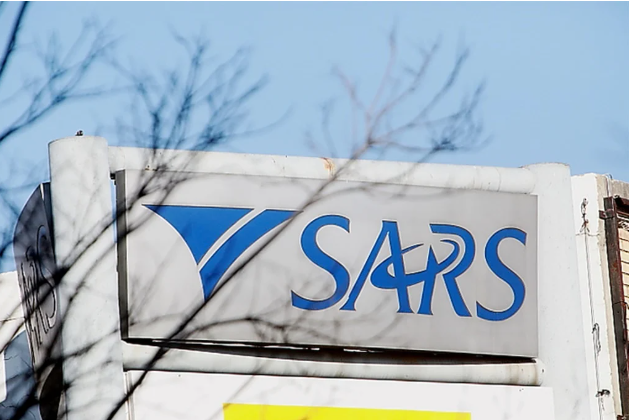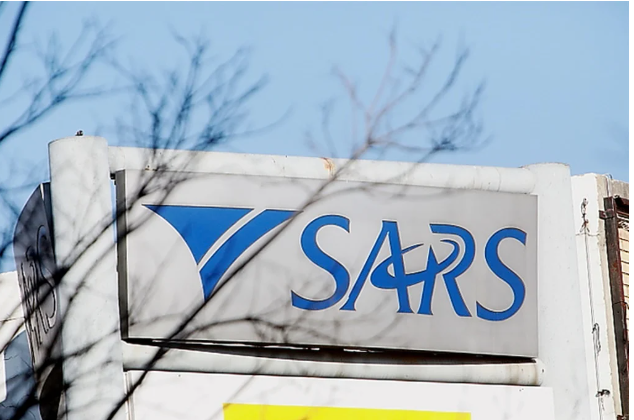
South African President Cyril Ramaphosa has signed into law legislation aimed at enforcing the 15% global minimum corporate tax rate for multinational companies operating in the country. This move aligns South Africa with global tax reforms and seeks to curb tax avoidance by large corporations.
The law is part of South Africa’s commitment to the OECD/G20 Inclusive Framework, which aims to ensure that multinational enterprises contribute fairly to national economies. Under the new legislation, companies with global revenues exceeding a specific threshold will be required to pay a minimum tax rate of 15%, regardless of where they are based or how they structure their finances.
Ramaphosa’s office has emphasized that the law is designed to ensure tax fairness and protect the country’s revenue base. This new law is a significant step in leveling the playing field for South African businesses and ensuring that multinational corporations contribute their fair share to our economy, Ramaphosa said in a statement.
The law is expected to have wide-reaching effects, particularly for global giants in industries like technology, pharmaceuticals, and finance. These companies have long been criticized for shifting profits to low-tax jurisdictions, thereby reducing their tax liabilities in higher-tax countries.
South African Finance Minister Enoch Godongwana welcomed the signing of the law, stating that it would also help stabilize the country’s tax system and reduce the loss of revenue from international tax avoidance. This is a critical step in aligning our tax policies with global standards, Godongwana noted.
However, critics argue that the global minimum tax rate could still allow some large corporations to pay lower taxes than smaller local firms, due to loopholes and tax credits in the system. Some have also raised concerns about how the law will be enforced and whether it will disproportionately affect local businesses.
Despite these challenges, the law has been hailed as a major step toward closing global tax loopholes and promoting economic equity. South Africa joins numerous other countries in adopting this reform, signaling a broader international shift toward fairer taxation of multinational corporations.
As the global economy evolves, South Africa’s decision to implement this tax measure marks a significant moment in its tax policy, with far-reaching implications for the business landscape and international relations. The country’s participation in the global tax reform movement also strengthens its position as a key player in the fight against tax evasion and inequality.


